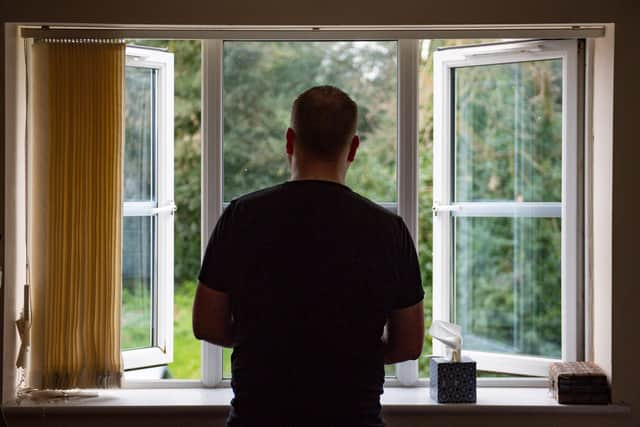More than 1,500 Crawley patients missed from shielding list at start of lockdown, figures reveal
and live on Freeview channel 276
A group of MPs said the Government's lack of planning created a postcode lottery with areas across England reporting unacceptable variations in the number of people shielding.
The Government originally asked those considered to be the most vulnerable to Covid-19 to isolate at home in March last year.
Advertisement
Hide AdAdvertisement
Hide AdNHS Digital figures show 2,325 patients in Crawley were on the shielding list by April 12 – the earliest version available.


Local doctors were then asked to review the data, causing the patient count to swell to 3,880 by May 15 – an increase of 67%.
Across England, reviews led shielding numbers to increase by 73% – but this varied hugely regionally, from just 15% in Carlisle to 352% in the London borough of Hounslow.
The Commons Public Accounts Committee said the "unacceptable" level of variation was evidence of a postcode lottery, as the list grew from 1.3 million to 2.2 million nationally.
Advertisement
Hide AdAdvertisement
Hide AdCommittee chairwoman Meg Hillier said this was caused by "poor data" and a lack of "joined-up policy systems".
She said: “The shielding response in the Covid pandemic has particularly exposed the high human cost of the lack of planning for shielding in pandemic-planning scenarios.
“People were instructed to isolate, to protect themselves and others – but the cost of this protection was reduced access to living essentials like food, and an untold toll on mental health and wellbeing.”
MPs also found that a contact centre established to trace those who did not respond to an initial shielding letter was unable to reach 800,000 people – and it is still not known whether they had been contacted by local authorities.
Advertisement
Hide Ad